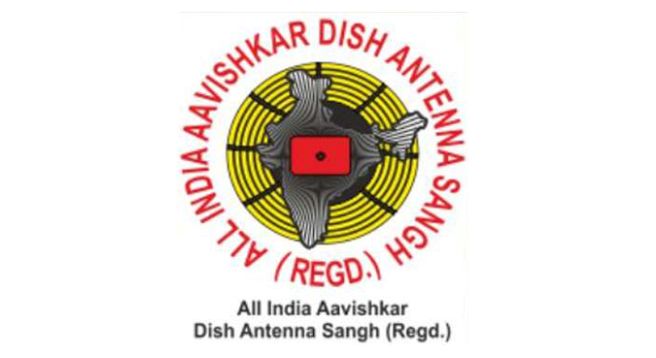All-India Aavishkar Dish Antenna Sangh, an industry body of cable operators (LCOs), has urged the Indian government to simplify operator-registration process at post offices as new rules could put in peril the very existence of LCOs.
In a letter to the Information and Broadcasting Minister Anurag Thakur, Aavishkar president Dr. AK Rastogi has also pointed out that in the absence of any broadcasting law, foreign media companies have managed to get a stranglehold over the TV entertainment eco-system, which is detrimental for the country.
The letter, a copy which has been sent to the Prime Minister’s Office and the TRAI Chairman, has urged the government to bring back CAS (conditional access system) to replace DAS (digital addressable system) as the former benefitted the country and consumers more
“As DAS is pro-foreign broadcasters and against the interest of Indian consumers, it should be annulled,” the letter states.
Dwelling on the cumbersome LCO-registration process, Dr. Rastogi bemoaned that such a system would kill the cable operators’ businesses.
He listed that there are about 10 documents that have to be submitted by a cable operator for the registration process or its renewal and such conditions were cumbersome.
It seems that at the time of registration at a post office, instead of a simple process, authorities are now asking for GST number of the company, proof of commercial electricity connection, and full lists of consumers along with all STB numbers, channels subscribed by individual customers, along with details of all the TV channels, including pay and FTA, available with a particular LCO plus the PAN (permanent account number for taxation purpose) number and a copy of the agreement with an MSO.
For the registration only a copy of the biometric identification Aadhaar or PAN number for taxation purpose, along with a copy of the agreement with an MSO, should suffice, the letter suggests.
According to Dr. Rastogi, regulator TRAI’s new tariff regime or NTO 2.0 should also be junked as it is not in the interest of consumers or the cable operators.
Meanwhile, as reported by Indianbroadcastingworld.com earlier, TRAI has pushed back the implementation of the new tariff regime for TV channels, acceding to stakeholders’ requests for more time owing to the challenges thrown up by COVID-19 restrictions.
“Keeping in view the current pandemic situation across the country and requests received from stakeholders for extension of time for implementation of New Regulatory Framework 2020, it has been decided to extend the time limit for implementation of New Regulatory Framework 2020,” TRAI said in a statement Thursday.
The new timelines actually take the effective implementation date to June 2022.
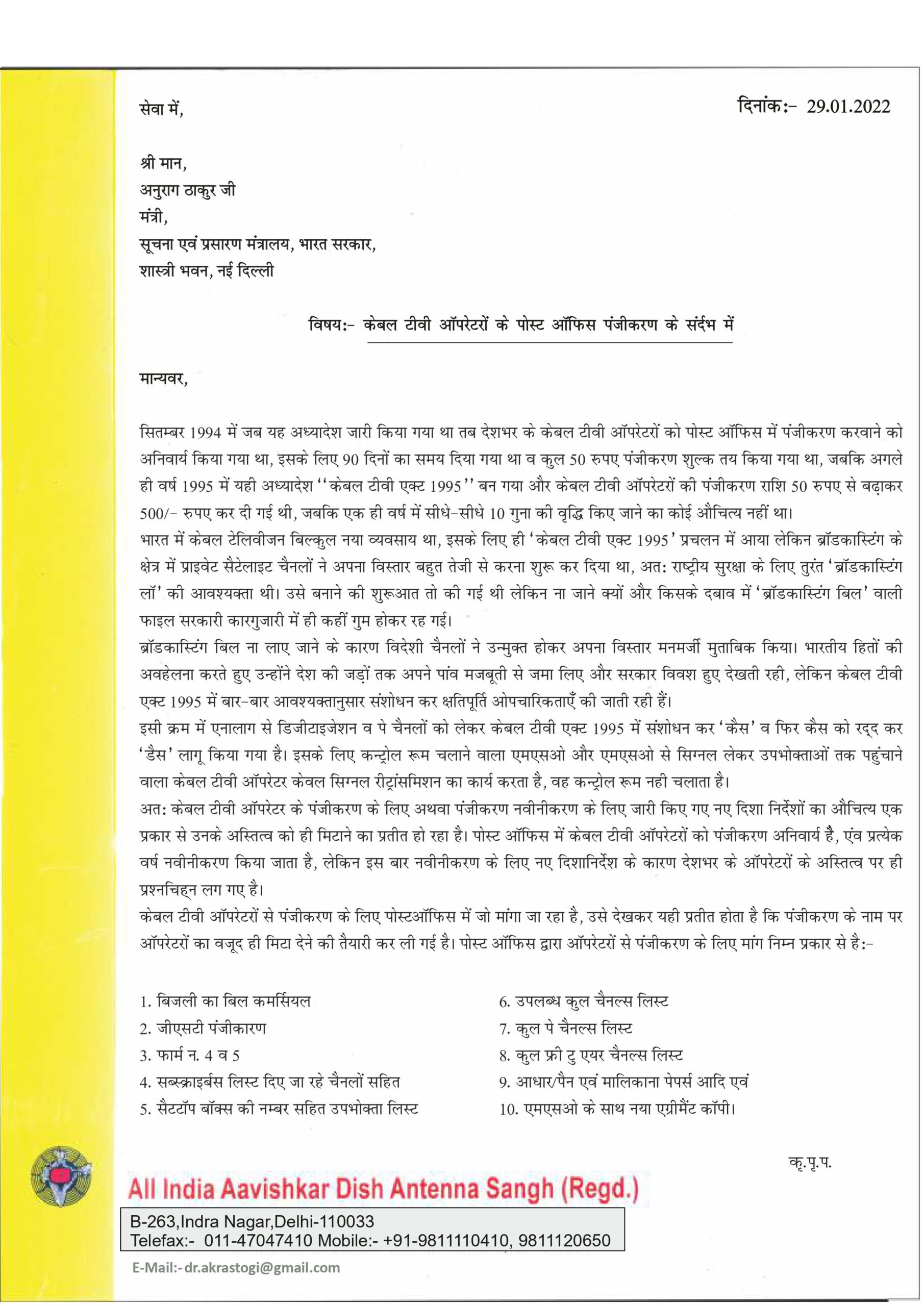
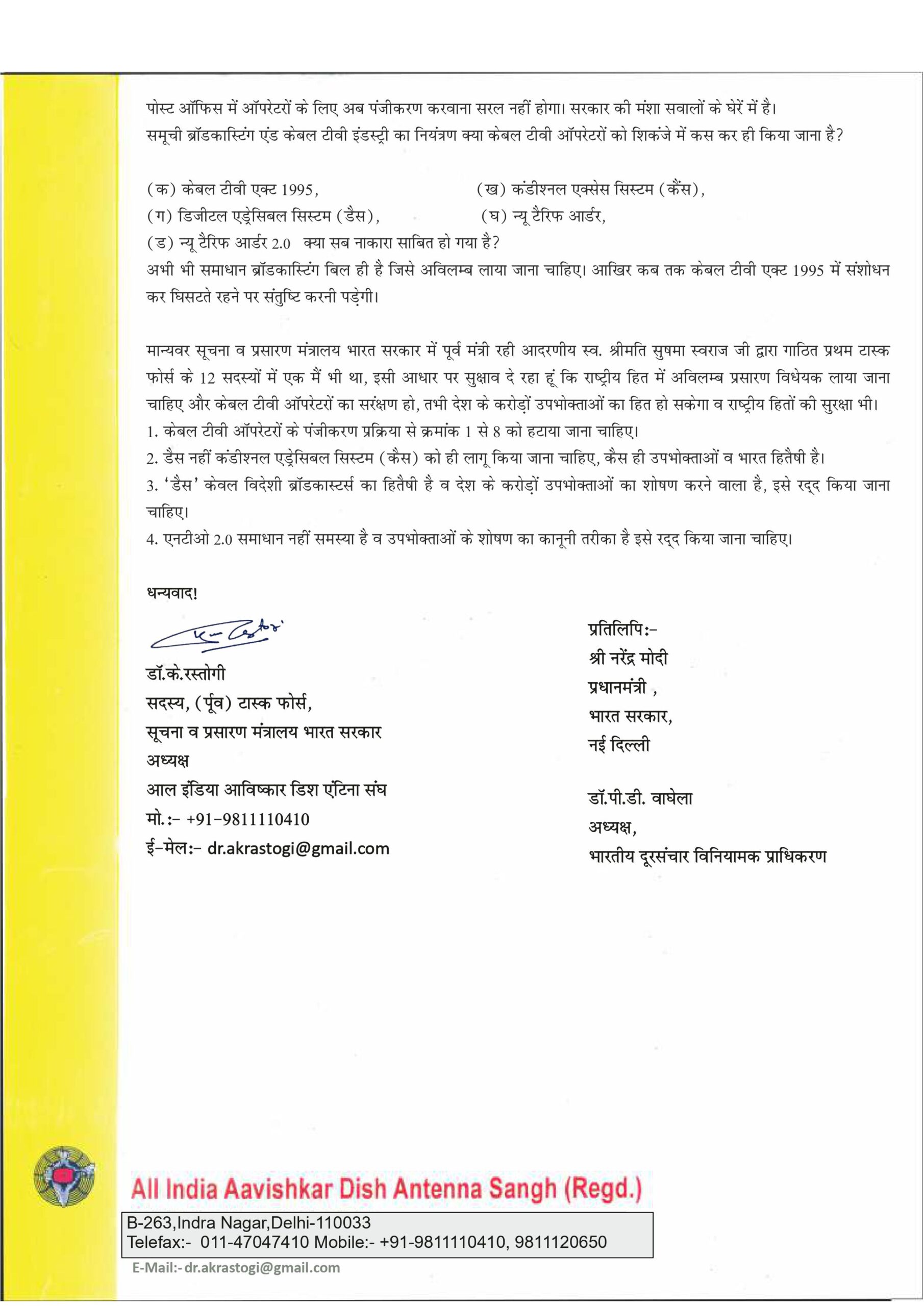
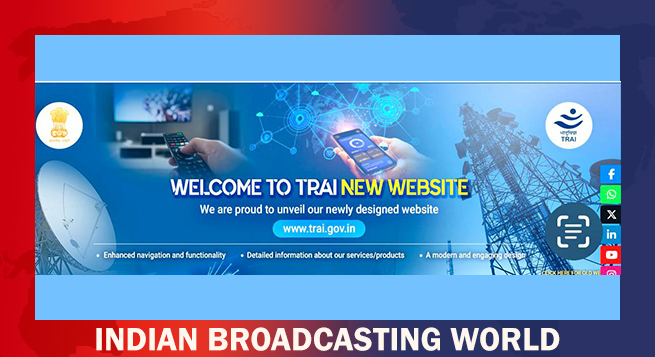 TRAI revamps website to connect with wider audience
TRAI revamps website to connect with wider audience  Prime Video to limit in India number of TV sets having access per subscription
Prime Video to limit in India number of TV sets having access per subscription  Delhi HC orders meta to remove deepfake videos of Rajat Sharma
Delhi HC orders meta to remove deepfake videos of Rajat Sharma 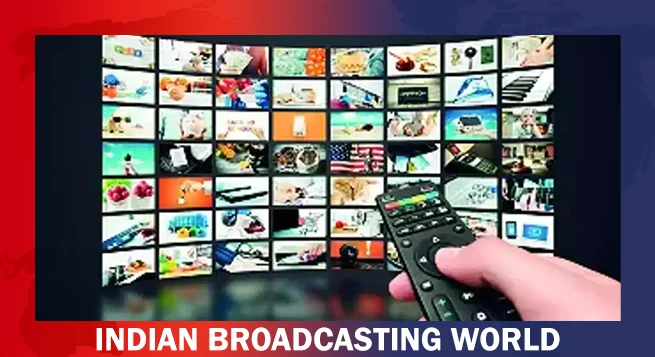 Govt. blocked 18 OTT platforms for obscene content in 2024
Govt. blocked 18 OTT platforms for obscene content in 2024 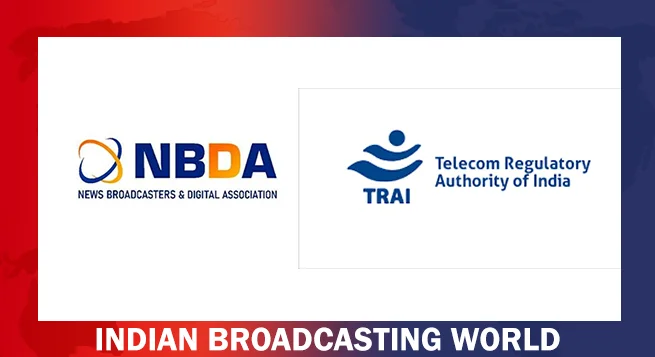 Broadcasting industry resists inclusion under Telecom Act
Broadcasting industry resists inclusion under Telecom Act  Meta faces heat as ChatGPT expands to WhatsApp
Meta faces heat as ChatGPT expands to WhatsApp 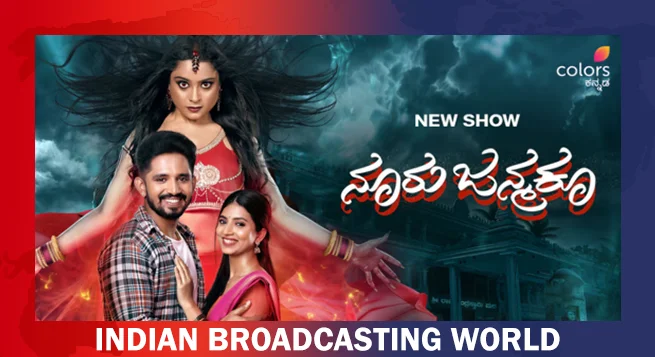 Colors Kannada unveils ‘Nooru Janmaku’
Colors Kannada unveils ‘Nooru Janmaku’ 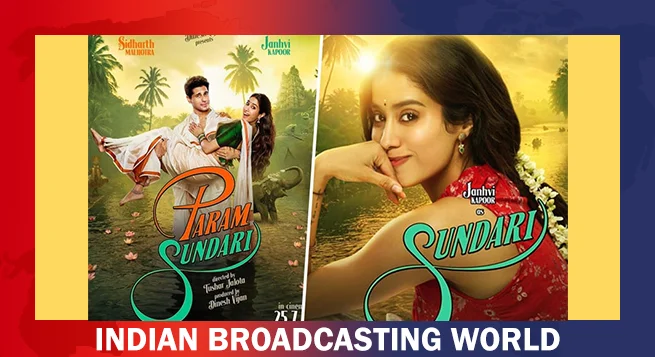 Sidharth Malhotra, Janhvi Kapoor unite for romantic film ‘Param Sundari’
Sidharth Malhotra, Janhvi Kapoor unite for romantic film ‘Param Sundari’ 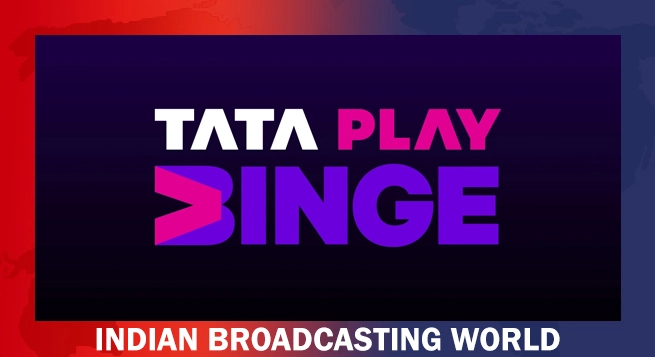 Tata Play Binge brings Christmas movie lineup
Tata Play Binge brings Christmas movie lineup  ITG elevates Siddharth Zarabi to BT multiverse Editor
ITG elevates Siddharth Zarabi to BT multiverse Editor 


